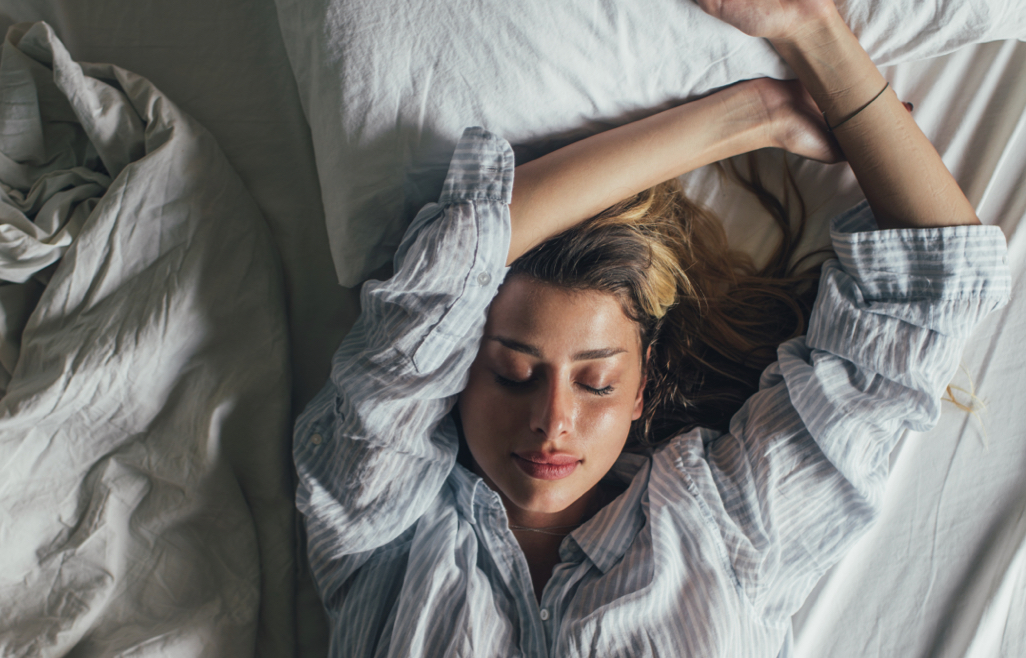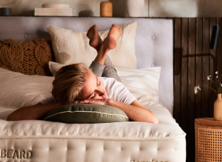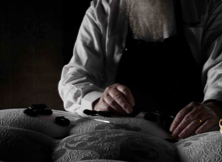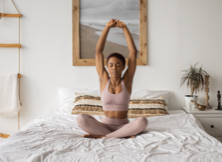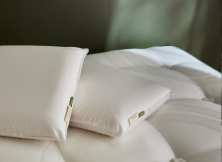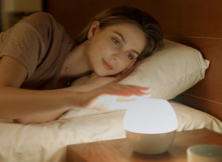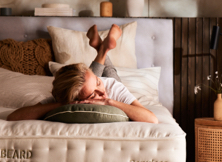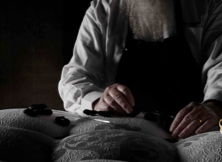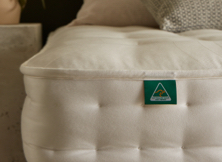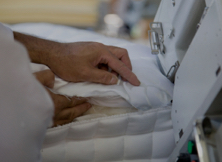When it comes time to hit the hay, most of us think our brains shut off for the night. But the truth is, our brain is about to start its second shift of the day.
Sleep is arguably, one of the most important parts of our daily routine. Getting enough sleep, along with the best quality sleep, is essential for our survival. Not only does it allow our body to recover and rest from our active lifestyle, it’s an integral to maintaining our brain health.
In Australia, poor sleep is highly prevalent with just under 40% of adults experiencing some form of inadequate sleep. That’s equivalent to 7.4 million people — or 4 in every 10 adults (1).

Sleep is broken down into two main types – rapid eye movement (REM) sleep and non-REM sleep (which has three different stages) (2). And each is linked to specific brain waves and neurological functions.
During stages 1-2 of non-REM sleep, your brain waves slow from your daytime wakefulness as your heartbeat and breathing slow, and your muscles relax. Stage 3 is the most important stage for us to feel rested and refreshed the next day and it occurs in longer periods during the first half of the night. By this stage there is no muscle activity or eye movement.
During REM sleep, your eyes move in a rapid pattern from side to side under your eyelids and your brain activity becomes similar to how it is when you’re awake. It is during this stage when we have the most dreams and our body becomes temporarily paralysed in order to protect us from acting out our dreams.
But what does the brain actually do when it is able to get a good night’s rest?
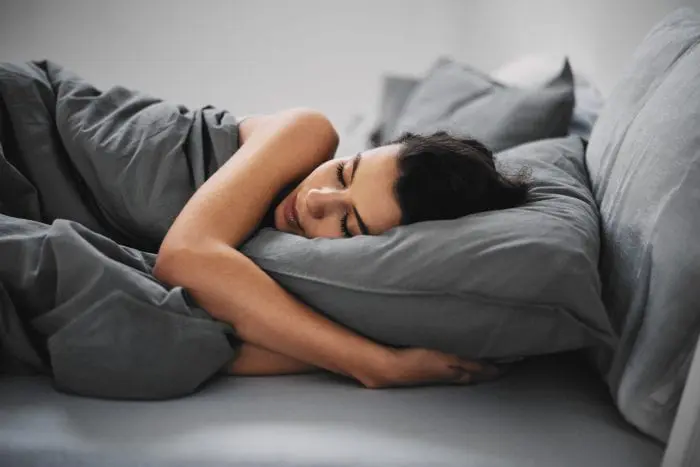
It clears your mind. Quite literally. The Cerebral spinal fluid, which is pumped more quickly during sleep, does an internal sweep and clears away waste such as molecular detritus and toxic proteins that can lead to more serious brain conditions.
It consolidates information. During your waking hours, the brain is fed multitudes of information. But it isn’t until you enter sleep that the brain begins to ingrain that information for you to later recall. This is especially important when we learn new skills such as languages, music and activities which requires hand-eye coordination.
It preserves memory. It’s impossible for us to remember everything that happens on a day to day basis. So during sleep, our brain is able to store our deepest emotional responses to events as memories. Therefore, lack of sleep can have a significant affect on the hippocampus, an area of the brain involved in memory creation and consolidation. In fact, Dr. Matthew Walker, a University of California, Berkeley sleep researcher, estimates that if you don’t sleep, your ability to learn new information could drop by up to 40% (3).
It helps us make decisions. Even though we may not remember our thoughts during sleep, the brain is capable of processing information from our day and determining what should be done when we’re conscious. A recent study published in the journal Current Biology found that the brain processes complex stimuli during sleep, and uses this information to make decisions while awake (4). This means the common phrase to “sleep on it”, is actually a great tip if you’re struggling with an important decision in your life.

What you do tomorrow will be decided by how well you sleep tonight. And one of the easiest things you can do is create an environment that promotes quality sleep. That’s why we, at A.H. Beard, make really comfortable, supportive mattresses and why we’re proud to be the official supplier of beds to the Australian Institute of Sport.
Our Domino mattresses deliver total-body support for a deeper, more restful sleep. Individually wrapped pocket springs contour to your body’s shape and minimise partner disturbance. They also come in a variety of pressure-relieving comfort options so you sleep soundly and wake rejuvenated.
There is still so much to learn about sleep, however we know it remains a vital health practice that deserves our utmost attention. When we get a quality night of rest, the brain is able to complete essential tasks and in turn help us perform better during our waking hours.
For more tips on how to get a better night’s rest, you may consider following these six steps for better sleep.






